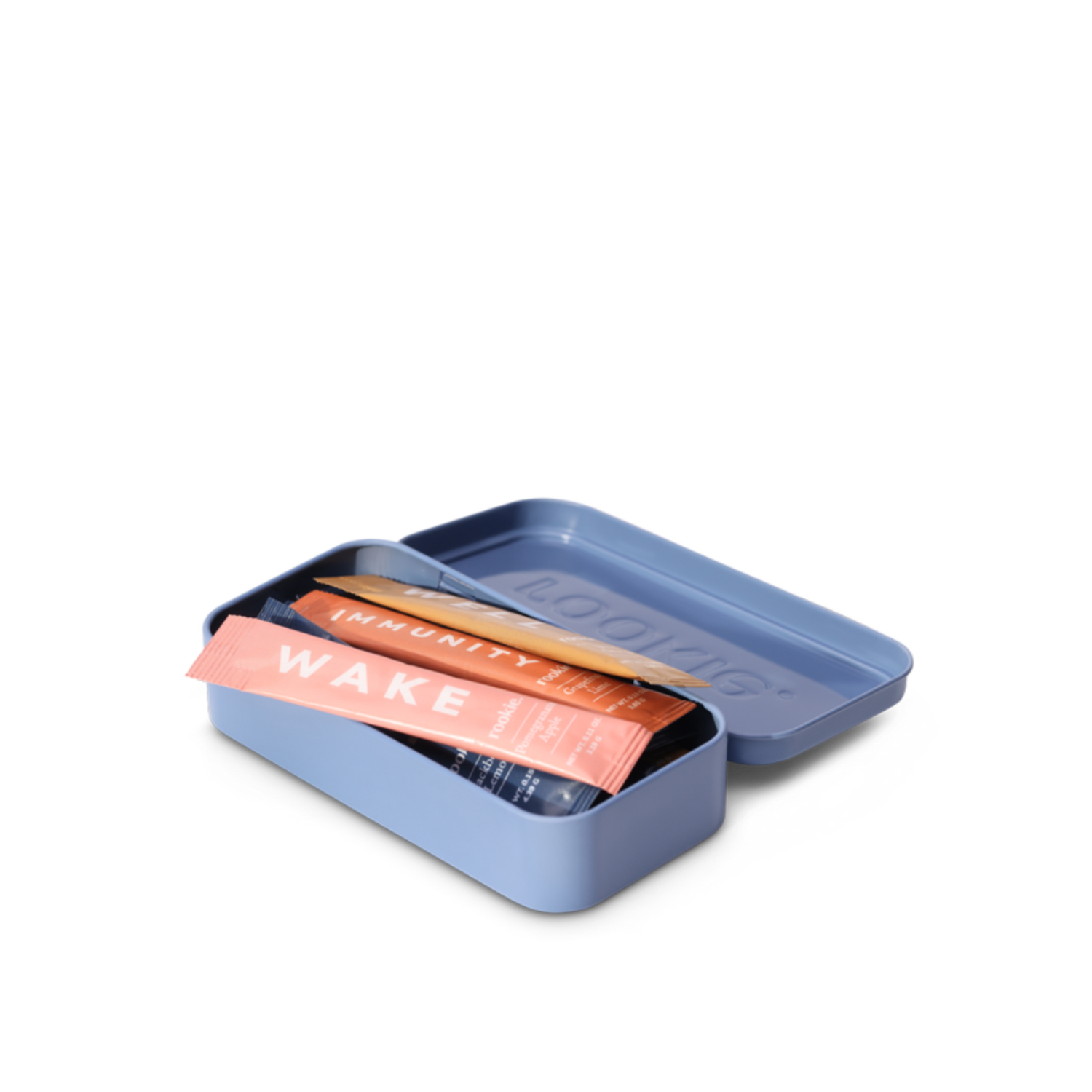The hangover.
That uncomfortable feeling some people experience after a night of too much celebration and indulgence. But what really causes a hangover? Why does it make us feel so bad? And here's the big question: can certain supplements, like BCAAs and electrolytes, offer relief from these unpleasant effects?
At Rookie Wellness, we believe in demystifying health and wellness. We're not just about providing high-quality supplements; we're about educating and empowering you with knowledge. Understanding hangovers goes beyond just knowing the symptoms. It's about grasping the science behind why they occur and exploring how different elements like hydration, nutrition, and supplementation can play a role in recovery. Today, we're going to untangle the complexities of hangovers, breaking down the science in an easy-to-understand way. We'll explore how BCAAs (Branched-Chain Amino Acids) and electrolytes might offer support and why they could be your allies after a night of overindulgence.
Let's dive deep into the world of hangovers, discover how they affect our bodies, and see how integrating certain supplements into our routine can make all the difference. With Rookie Wellness as your guide, let's make wellness both accessible and understandable, embracing a lifestyle where every choice is an informed one.
Do BCAAs Help with a Hangover?
Branched-Chain Amino Acids (BCAAs) are essential nutrients found in proteins. They're known for their role in muscle recovery and energy production. But when it comes to hangovers, the question arises: can they offer relief? Studies suggest that BCAAs might play a role in reducing the severity of hangovers. They aid in detoxifying the body from alcohol metabolites and replenishing depleted nutrients. However, the extent of their effectiveness can vary from person to person.
Do Electrolytes Actually Help a Hangover?
Electrolytes – minerals like sodium, potassium, and magnesium – are crucial for hydration and maintaining nerve and muscle function. Alcohol is a diuretic, leading to dehydration, one of the primary causes of hangover symptoms. Replenishing electrolytes can, therefore, help alleviate some hangover symptoms like headaches and dizziness. While they're not a cure-all, their role in hydration can't be underestimated in the battle against hangovers.
What Supplements are Best for a Hangover?
In the quest to find the best hangover cure, we often turn to supplements. Apart from BCAAs and electrolytes, other supplements show promise. Vitamin B complex, for instance, helps in alcohol metabolism and energy production. Milk thistle and N-acetylcysteine (NAC) are known for their liver-protective properties. Ginger can help with nausea, a common hangover symptom. While no supplement can completely prevent a hangover, these can help mitigate its severity.
What Amino Acids Prevent Hangover?
Specific amino acids, including BCAAs, may help prevent hangovers. L-cysteine, for example, has been studied for its potential to reduce hangover symptoms by neutralizing acetaldehyde, a toxic byproduct of alcohol metabolism. Theanine, found in green tea, may also help by supporting liver function and improving sleep quality, often disrupted after alcohol consumption. It's important to remember that prevention is more effective than cure, so moderating alcohol intake is key.
While BCAAs, electrolytes, and certain amino acids can aid in reducing hangover symptoms, they are part of a larger wellness approach. At Rookie Wellness, we understand the importance of holistic health, which is why we offer our "Recovery" supplement. Blending essential amino acids, electrolytes, and other key nutrients, "Recovery" is designed to support your body's natural healing processes, whether you're bouncing back from a workout or a night out. Discover more about how "Recovery" can be a part of your wellness journey here.


